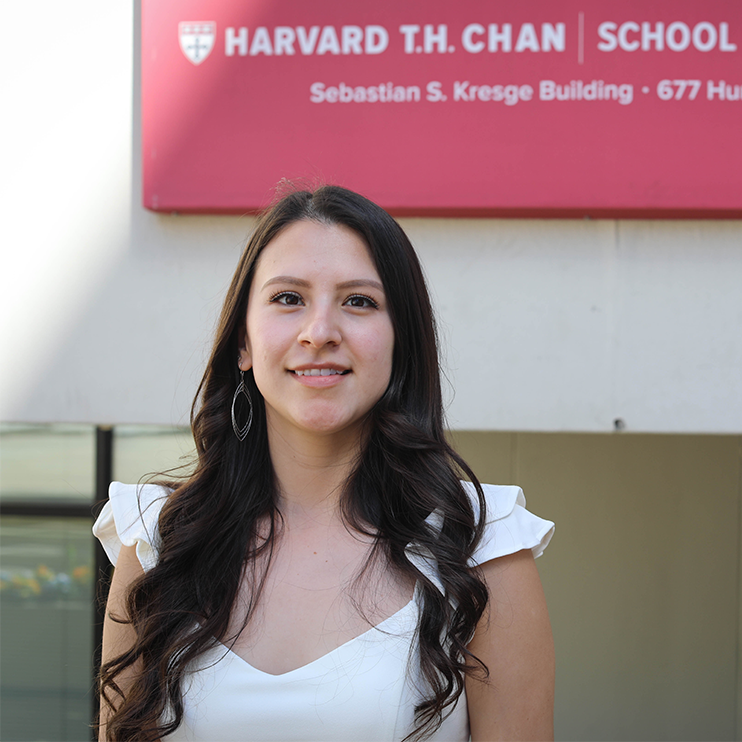Stephenson Lab
The Stephenson Lab focuses on the development and application of statistical methods to best analyze high-dimensional exposures and its impact on population health.
655 Huntington Ave, Boston, MA 02115
Biostatistics Department
Lab Members
Primary Investigator

Dr. Briana Stephenson’s research has been primarily focused in using Bayesian methods to create innovative model-based clustering techniques to address data complexities found in large, heterogeneous populations. These methods were generated as a result of her collaborative research interests in maternal health, nutritional epidemiology, psychological health, public health policy, and health disparities.
Students

Carmen is passionate about advancing statistical methods to address health disparities, with a focus on cancer treatment and outcomes among underrepresented and vulnerable populations. Her research centers on Bayesian clustering techniques to quantify neighborhood-level social determinants of health and the application of machine learning to develop multi-ethnic polygenic risk scores aimed at enhancing our understanding of the genetic determinants of disease.

Jeanette Varela’s (she/her) research is focused on using unsupervised model-based clustering methods for joint longitudinal features. These methods are valuable for investigating longitudinal exposure biomarker profiles within large, diverse populations. Specifically, her work is centered on assessing the combined impact of multiple phthalate exposures and personal care product usage, along with their temporal effects, in pregnant mothers.

Jodeci Roberts is working with Dr. Stephenson to explore the relationship between food environments and health outcomes using NaNDA data, which includes census tract information. Jodeci’s research involves applying a Poisson clustering model to develop food profiles by clustering census tracts based on establishment counts. These profiles will be used to assess the potential risk of colon cancer associated with different food environment compositions.